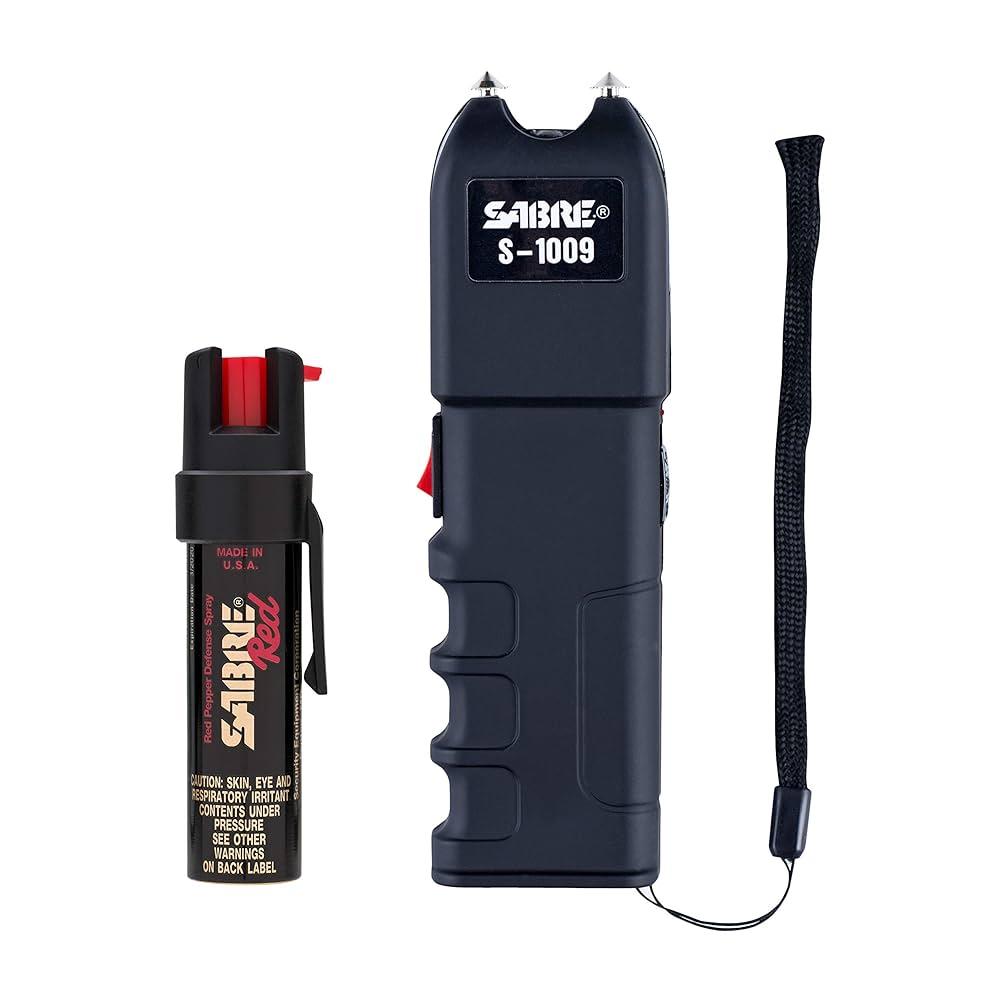Table of Contents
- Effectiveness in Self Defense Situations
- Safety Considerations and Potential Risks
- Legal Restrictions and Usage Guidelines
- Expert Recommendations for Choosing Your Protection Tool
- The Conclusion
Effectiveness in Self Defense Situations
When it comes to real-world protection, pepper spray offers an immediate and highly effective response that is tailored for self-defense scenarios. Its chemical composition causes intense irritation to the eyes, skin, and respiratory system, incapacitating an attacker almost instantly. The ease of deployment – often just a quick spray towards the face – makes pepper spray practical for users under stress, requiring minimal precision. Additionally, its non-lethal nature combined with legal accessibility in many regions underscores why it remains a popular choice for personal security.
On the other hand, paintball-style guns designed for defense can provide a different layer of protection. While they deliver a physical projectile that may deter or temporarily disable an aggressor, their effectiveness relies heavily on accuracy and proximity. Paintball projectiles can cause pain and distraction but lack the immediate disabling impact of chemical agents. However, they can be advantageous in scenarios that call for longer-range engagement or when the defender wants a visible deterrent without the legal restrictions that often come with pepper spray. Key considerations include:
- Risk of injury versus deterrence effectiveness
- Need for training to ensure accurate aim under stress
- Potential legal limitations varying by jurisdiction
Safety Considerations and Potential Risks
Pepper spray is generally considered non-lethal, but it carries inherent risks that users must be aware of. While it can effectively incapacitate an assailant by causing intense irritation to the eyes, respiratory system, and skin, unintended exposure can pose dangers. For instance, use in confined spaces may affect bystanders, including the user, and those with respiratory conditions such as asthma could experience life-threatening reactions. Additionally, improper use or malfunction can reduce its effectiveness or escalate confrontations, making comprehensive training essential before relying on pepper spray for defense.
On the flip side, paintball-style guns pose a different set of safety considerations. Although designed to be less lethal than traditional firearms, being struck by paintballs can inflict painful bruises, welts, or even eye injuries if proper protective gear is not used. There’s also the risk of accidental injury if the gun is mistaken for a real weapon or used irresponsibly. Furthermore, these devices may not reliably stop a determined attacker, potentially escalating violence. Users should understand local laws regarding their possession and use, as well as the importance of wearing eye protection and carefully evaluating the context in which they deploy paintball-style guns for self-defense.
Legal Restrictions and Usage Guidelines
Before deciding between pepper spray and paintball-style guns for personal protection, it’s crucial to understand the legal framework governing their use. Laws vary widely depending on your location-some states and countries categorize pepper spray as a controlled self-defense item, restricting its size, concentration, or requiring permits for possession. Similarly, paintball-style guns, while often perceived as recreational equipment, may be subject to regulations if modified for defense or if they resemble actual firearms. Failure to comply with these regulations can result in fines, confiscation, or even criminal charges.
When deploying either option, users must also adhere to strict guidelines to ensure responsible and lawful use. Here are key points to consider:
- Use strictly for self-defense: Both tools should only be used to deter or incapacitate an attacker, never for intimidation or harassment.
- Be aware of local restrictions: Check municipal laws regarding carrying pepper spray or paintball-style guns in public places.
- Avoid use in enclosed spaces: Pepper spray can affect bystanders and escalate legal consequences if misused indoors.
- Understand transport rules: Transporting these items across borders or through airports often requires compliance with specific legal protocols.
Expert Recommendations for Choosing Your Protection Tool
When selecting a self-defense tool, the most effective choice often depends on your environment, comfort level, and legal restrictions. Pepper spray offers several advantages for quick deployment and ease of use. It’s compact, lightweight, and requires minimal training, making it ideal for everyday carry. Additionally, the chemical deterrent incapacitates an attacker by causing temporary blindness and respiratory discomfort, providing a valuable window to escape. However, wind conditions and close-range use are considerations to keep in mind, as spray can be affected by environmental factors.
In contrast, paintball-style guns deliver a physical deterrent that combines psychological impact with controlled force. They are generally excellent for situations that demand a more assertive response, as their non-lethal projectiles can disorient or temporarily disable without causing permanent harm. Users should assess local laws and ensure proper training, as these devices require careful handling and maintenance. Key factors to consider include:
- Range and accuracy based on your typical environment
- Legal restrictions or permits necessary for possession
- Personal proficiency and comfort with the device
- Maintenance and reload logistics
The Conclusion
In the end, choosing between pepper spray and paintball-style guns for personal protection depends largely on your unique needs, comfort level, and the situations you’re likely to face. Pepper spray offers quick, effective incapacitation with minimal training, making it a convenient option for many. Meanwhile, paintball-style guns provide a non-lethal deterrent that can mark and disorient an assailant from a safer distance. Both have their pros and cons, but ultimately, the best defense is one you’re confident using responsibly and legally. Stay informed, stay prepared, and choose the tool that empowers you most effectively to stay safe.Check Our Other Blogs
- StunGun – Your Trusted Source for Stun Guns, Laws, and Self-Defense Tips
- PepperSprayLaws – Your Trusted Resource for Pepper Spray Information
- StunGunLaws – Your Trusted Guide to Stun Gun Legality and Safety




